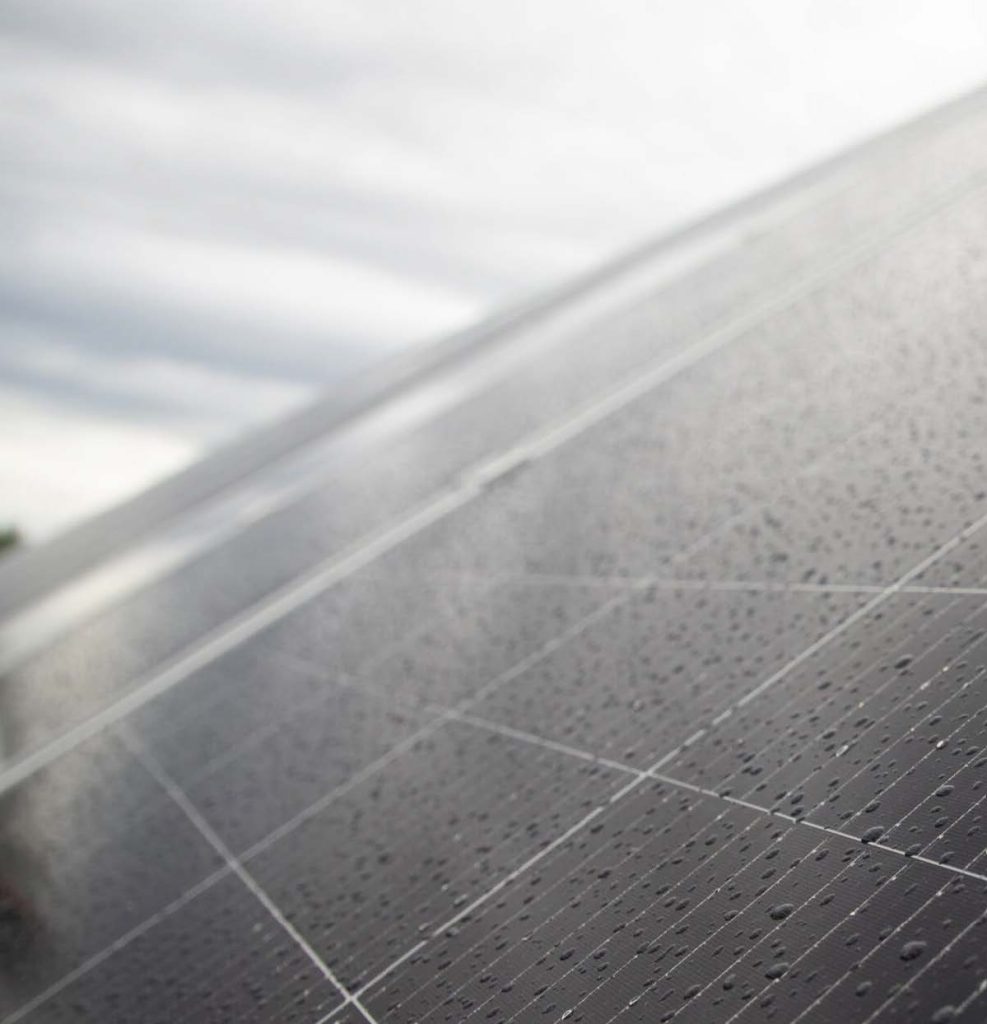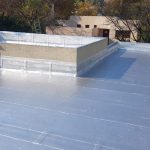
Making the Most of Solar Energy When It Rains
The majority of us probably already knew that on sunny days, solar panels provide the greatest energy. On a gloomy or rainy day, solar panels may typically generate 10–25% of their rated capacity (the actual quantity may vary depending on the density of the clouds for that day). Because certain solar panel types are more adept at gathering diffused light, the quantity of energy generated might also vary based on the kind of solar panel installation in your Zimbabwean house.
Even on gloomy or rainy days, a significant amount of UV light reaches the earth’s surface. In fact, you may be familiar with this phenomenon if you have ever suffered a sunburn at the beach while the sun wasn’t shining. There are currently no commercially produced solar cells capable of absorbing UV light, while several are under research.
Even on a foggy or rainy day, a regular solar panel may still provide electricity. Use them to your advantage during the wet months by following these tips. If you want to know whether solar energy is going to help you save money on your power bill, you need to think about how much sunlight you are really going to receive throughout the year, not just on a single day. This indicates that there is sufficient sunlight throughout the year for installing solar panels, notwithstanding the possibility of cloudy days.

There are moments when the rain is welcome.
Did you know that Germany, which has approximately the same amount of sunshine as Alaska, has successfully installed solar panels that generate around 25 gigawatts of electricity, or almost half of the world’s supply? Because of the electronics inside them, solar panels perform best when the temperature is not very high. While residents of cities subject to high heat may discover that their solar panels are less effective, those residing in Zimbabwe need not worry.
If you have solar panels installed and you monitor the electricity they produce on a gloomy or rainy day, you could notice something unusual. Even if there are some clouds blocking the sun, you can still use your solar panels to produce as much electricity as you would on a clear day.We call this the “edge of the cloud effect.” This occurs when the sun’s rays are amplified when they travel over the edge of a cloud. Your solar energy system’s production will briefly increase due to this powerful burst of sunshine, which will help compensate for electricity lost due to cloud cover. Install components, such as an oversized solar inverter, to take advantage of this occurrence and store the extra sunshine.
The main point
Even if it is pouring, your solar panels will still provide some benefit. Even though energy output will be curtailed to some degree, this won’t be a major issue. The amount of real sunshine you get throughout the year is the most important factor. The occurrence of a few cloudy or rainy days does not significantly affect the return on
investment for solar panel installations in Zimbabwe.


